Polarisation is eating democracy and truth-seeking because it pays so well politically (mobilisation) and economically (attention monetisation).
podcasts.apple.com/be/podcast/y...
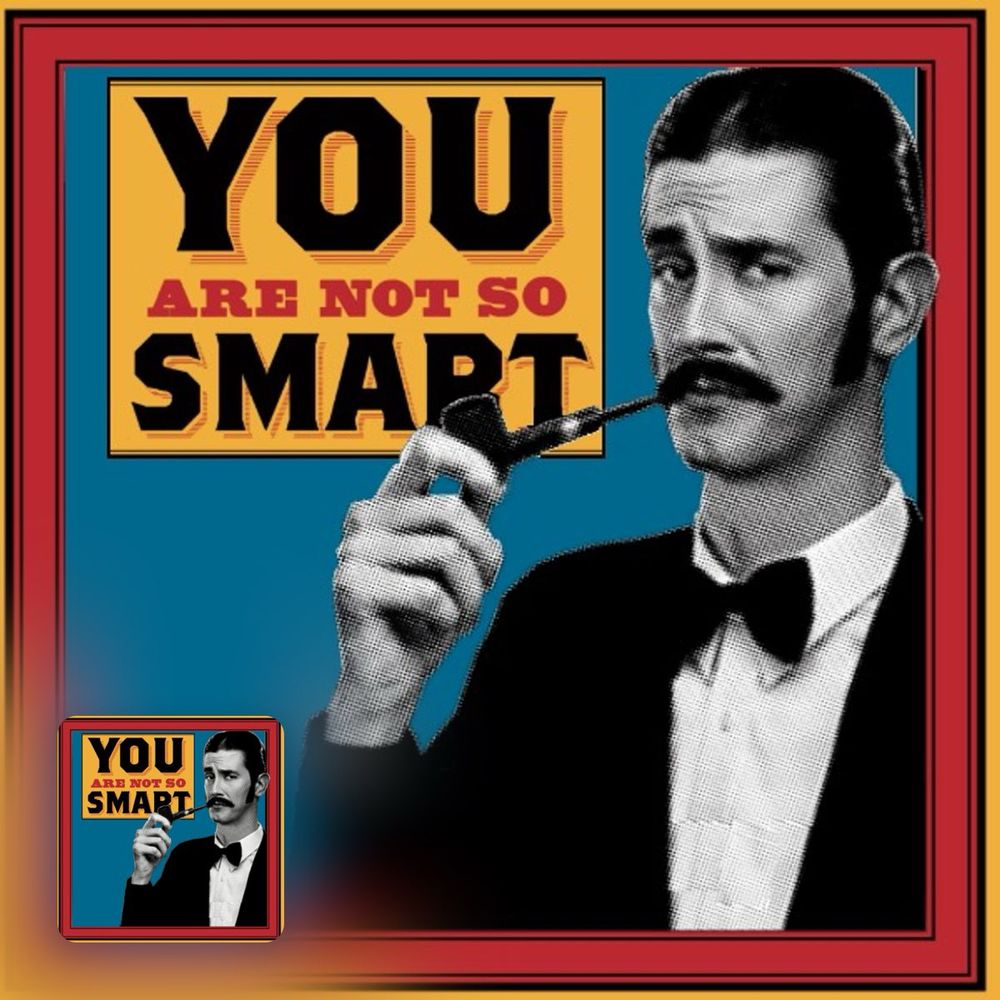
Polarisation is eating democracy and truth-seeking because it pays so well politically (mobilisation) and economically (attention monetisation).
podcasts.apple.com/be/podcast/y...
In episode 307 of the "You Are Not So Smart" podcast, @davidmcraney.bsky.social spoke to disinformation researchers Samuel Woolley, @katiejoseff.bsky.social , and @mschwalbe.bsky.social about their study into the news we believe and share. 👇
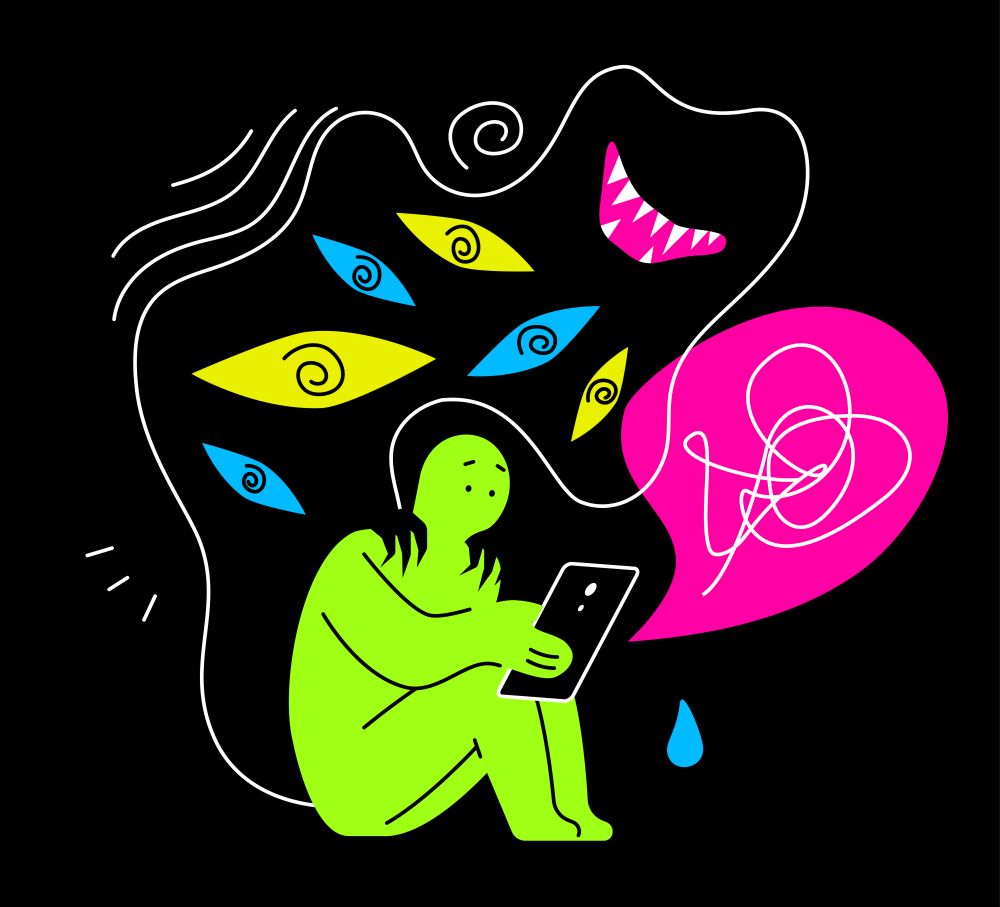
In episode 307 of the "You Are Not So Smart" podcast, @davidmcraney.bsky.social spoke to disinformation researchers Samuel Woolley, @katiejoseff.bsky.social , and @mschwalbe.bsky.social about their study into the news we believe and share. 👇
psycnet.apa.org/fulltext/202...
psycnet.apa.org/fulltext/202...
Drew's bold, innovative ideas will save taxpayers money, strengthen oversight, and tackle New York’s affordability crisis—and he has the grit and experience to get it done.
Drew's bold, innovative ideas will save taxpayers money, strengthen oversight, and tackle New York’s affordability crisis—and he has the grit and experience to get it done.
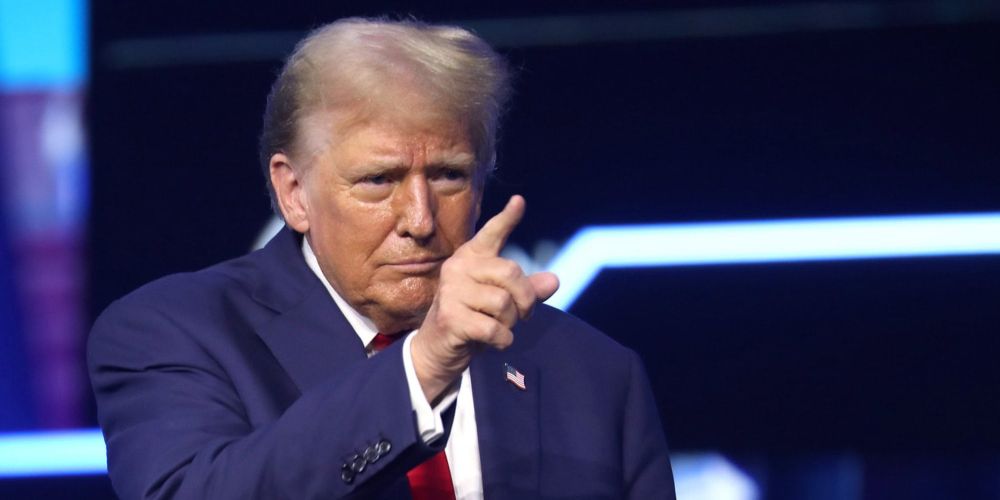
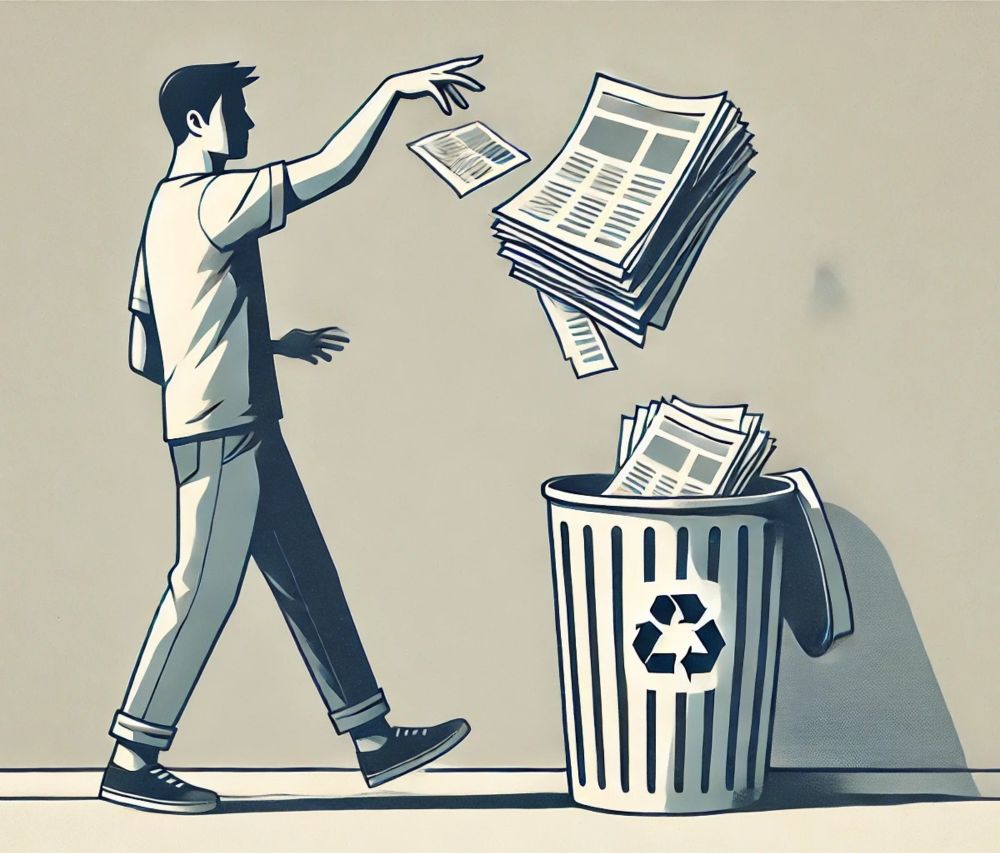
youarenotsosmart.com/2025/02/20/y...

youarenotsosmart.com/2025/02/20/y...
psycnet.apa.org/fulltext/202...
psycnet.apa.org/fulltext/202...
Our paper on #misinformation in JEP:G finds people were more influenced by news’ political alignment than by its truth—a “concordance-over-truth bias” driven more by resistance to truth than susceptibility to falsehood. 🧵1/7
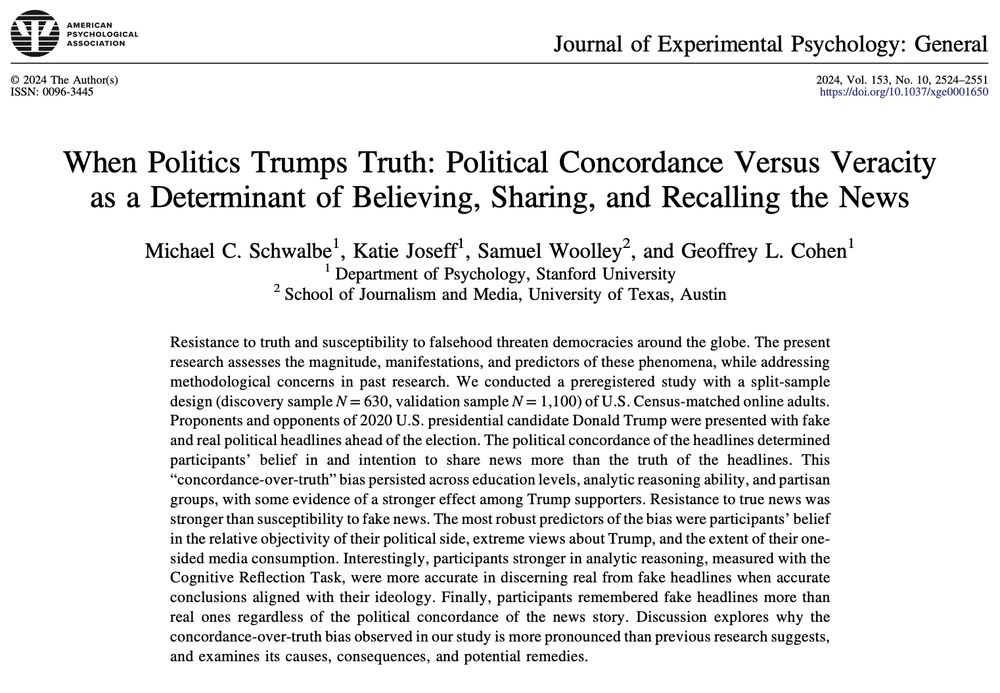
Our paper on #misinformation in JEP:G finds people were more influenced by news’ political alignment than by its truth—a “concordance-over-truth bias” driven more by resistance to truth than susceptibility to falsehood. 🧵1/7

